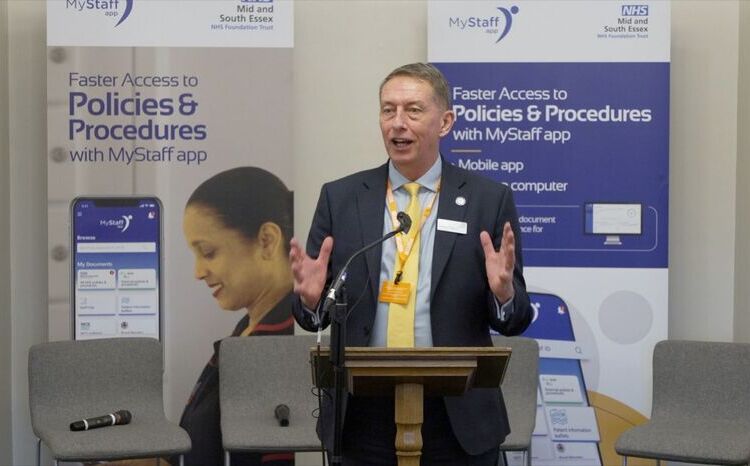Expert view: Ilias Iakovidis
- 28 July 2010

The ageing population has a direct impact on both the medical and the financial structure of healthcare. An increase in the number of elderly people inevitably leads to an increase in the relative importance of chronic conditions such as cardiovascular, metabolic or rheumatic diseases, or indeed neurological conditions such as dementia.
On the other hand, an aging population tends to erode the monetary fundaments of healthcare, since in many European countries it is the working population that contributes most to the financing of healthcare.
Healthcare, then, is confronted with a situation in which an increasing number of patients will request an increasing number of good but expensive therapies in the context of decreasing or, at best, stable healthcare budgets.
One of the strategies for coping with this situation involves making healthcare more efficient by helping patients stay at home for treatment instead of remaining in hospital – for example by improving chronic care so that complicated progressions of diseases are avoided.
Another strategy is improving communication between medical professionals in order to streamline diagnosis and therapy.
This is where eHealth comes into play. The provision of healthcare services using innovative ICT can help contain healthcare delivery costs while maintaining or even increasing quality of care and patient safety.
A € 15 billion market growing at 2.9% annually
The digitisation of healthcare is already well under way in Europe and elsewhere in the world. The European eHealth market is currently estimated at around € 15 billion and growing at an annual rate of 2.9%.
Under these circumstances, European companies, both multinationals and SMEs, have a unique opportunity to establish themselves as leading providers of eHealth solutions in Europe and the rest of the world.
The European Commission has funded and recently published the study ‘Business Models for eHealth’ in an attempt to explore this field further. The study was coordinated by RAND Europe together with Capgemini Consulting Netherlands.
It was intended to provide the European Commission with a set of policy recommendations, but it also delivers specific recommendations to companies that are willing to explore the highly attractive eHealth market.
The study says it will be crucial to take account of the special circumstances under which healthcare is being provided and financed. Companies that want to be successful need to provide specific solutions to specific healthcare problems.
They also have to consider how their eHealth service will impact on existing structures in the healthcare organisation(s) they are targeting.
Becoming involved with ICT in healthcare means becoming involved in providing tools that individual healthcare professionals will have to use in their daily, professional lives. Such tools will only be used if they make activities more efficient.
Taking into consideration the users and their workflow and working preferences is thus mandatory for an eHealth company to become successful.
More conditions for success
Flexibility is also an issue. Since developing eHealth technology is not necessarily cheap, a solution has to be flexible enough to be tailored to different healthcare environments and services.
This is especially important when addressing different national markets. Companies will never find exactly the same political situation or organisational structures, even in countries whose respective healthcare systems are based on similar philosophies.
From a technical perspective, the use of international standards is critical in terms of flexibility and a product has to comply with international standards if it hopes to be successful abroad as well as on the domestic market.
Ongoing research and development is also important. Since the eHealth market is a market in flux, solutions and services will have to be adapted and technical requirements will change over time.
R&D is vital for SMEs as they often don’t have the budget to fill possible gaps in their technical portfolio through acquisitions. The funding opportunities provided by the European Commission, for example in the context of research framework programs, are an excellent way for SMEs to raise additional funds and to strengthen partnerships with companies from different EU Member States.
Which eHealth solutions would companies do well to become involved with? There is no single answer to this question; the answer will vary according to the target market, the target customer, the company’s technological and social background and other factors.
One interesting area is the development of services for linking patients to all other stakeholders involved in their treatment, for example integrating drug monitoring into the overall supply chain of drugs.
Telemedicine applications designed to help ageing patients stay at home longer is another rewarding area, while solutions that address security and privacy concerns and tools that facilitate healthcare and eHealth management should also be regarded as growth areas.
Further information:
Study ‘Business Models for eHealth’
About the author: Ilias Iakovidis is the acting head of ICT for Health Unit, DG Information Society and Media, European Commission.
The views presented are those of the author and do not necessarily represent the official view of the European Commission on the subject.




